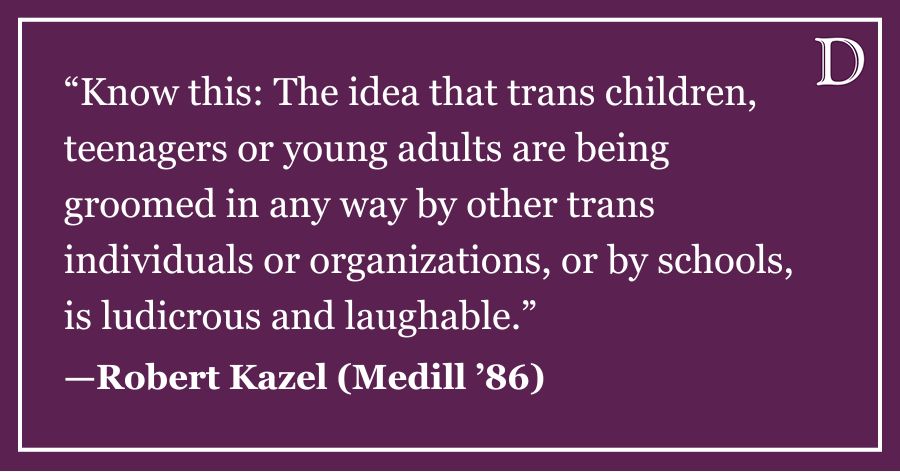The news that South African track star Oscar Pistorius had allegedly murdered his girlfriend could not have come on a more ironic day for me: It was Valentine’s Day and my sorority was wrapping up its celebration of Healthy Relationships Week.
The description of the gruesome murder of South African model Reeva Steenkamp, Pistorius’ girlfriend, seemed so out of place on a day full of love and celebration of relationships. Steenkamp and Pistorius seemed like a healthy celebrity couple — she was a gorgeous model with a law degree, he is a world-renowned athlete who had inspired Olympic viewers in London months earlier.
If there is anything I have learned through my sorority’s work on the prevention of domestic violence, our official philanthropy, it is that domestic violence can occur in all walks of life — even between seemingly perfect famous couples.
During the Summer Olympics, the story of Oscar Pistorius read like a inspirational Lifetime movie. Pistorius was born with a birth defect that required both of his legs to be halfway amputated when he was 11 months old; at the age of 15, he lost his mother to a medical complication. Despite these setbacks, he managed to become a star track athlete with special prosthetic legs, earning him the nickname “Blade Runner,” and competed with able-bodied athletes in the Olympics.
And what media darling would be complete without a beautiful girlfriend? Steenkamp herself was a South African star and had just earned a spot on the reality show “Tropika Islands of Treasure,” which pits South African celebrities against regular contestants competing for a cash prize. Steenkamp, who had been modeling since she was 14 years old, was also the face of Avon cosmetics in South Africa and a fashion television presenter. She worked as a paralegal and had hoped to earn her master’s in law by age 30.
Pistorius and Steenkamp seemed like a picture-perfect couple. But in an interview with CBS, South African Police spokeswoman Denise Beukes confirmed the police had responded to previous domestic incidents in his home. Pistorius’ neighbor reported hearing screaming proceeding gunfire the morning of Steenkamp’s murder.
Of course, Pistorius has not been formally declared guilty of murder by South African courts, as his trial is still ongoing. Even so, the nature of the accusation and trial emphasizes that no one, no matter how famous, is immune to domestic violence.
Many of us hold certain stereotypes about the typical victims of violence. A representative from the Center for Awareness, Response, and Education on NU’s campus came to my sorority and performed an exercise that demonstrated some of these misconceptions. “Where is violence against women most likely to occur: in a dark alleyway or inside?” she asked. “Dark alleyway,” we responded instantly. “At night or during the day?” “At night,” we said, without even thinking. “Is the attacker known or unknown to the victim?” “Unknown,” we immediately answered.
We often think about violence against women as occurring without warning in a dark alleyway at night with a random attacker who is unknown to the victim. But if Pistorius is actually found guilty of murder, this incident would have been committed in the early morning by an attacker close to the victim. Steenkamp was not in a random location, but in her boyfriend’s house.
The incident occurred at Pistorius’ mansion in an exclusive gated community in Pretoria. The word “gated” seems so meaningless after the incident. “Gated” implies that this wealthy community is completely protected from harm. But domestic violence can strike even the wealthiest and supposedly most protected of communities.
Only the South African courts will be able to determine if Oscar Pistorius is guilty of domestic violence in the form of murder. Regardless, this case has reminded us that no matter what community we live in, we should all be aware of the signs of domestic violence.
Meredith Goodman is a Weinberg sophomore. She can be reached at [email protected]. If you would like to respond publicly to this letter, send a Letter to the Editor to [email protected].














